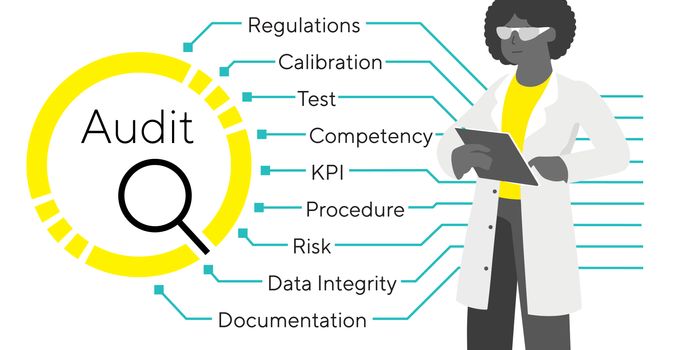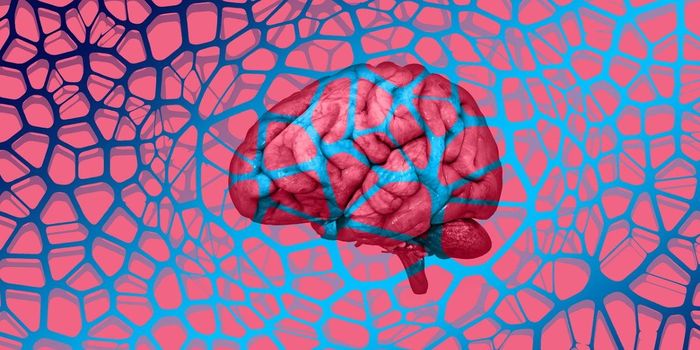Internet addiction affects teenage development
A team of researchers at the University College London recently published a study outlining the affects that internet addiction can have on teenage development and future behavior habits. The team’s work is described in a recent article published in PLOS Mental Health.
Internet usage is near ubiquitous in our society nowadays. We use it for just about everything we can imagine: shopping, communicating, and finding answers to our questions with a quick query. But like many things, internet usage has negative drawbacks, particularly on people who are younger. In fact, its becoming an increasingly popular trend to push for kids to have limited access to smartphones and other devices until they are much more developed to protect them from internet and social media harms.
One of these harms is addiction; internet addiction, in particular, is understood as the inability to fight the urge to use the internet, leading to negative social and mental wellbeing consequences. But how does internet addiction actually affect individuals? Researchers at the University College London conducted an analysis of several studies of people with internet addiction. Specifically, the team reviewed 12 studies that included a cumulative total of over 200 people between the ages of 10 and 19 with a formal internet addiction diagnosis.
These studies analyzed MRI scans of people with internet addiction, with a particular focus on functional connectivity (or how the brain interacts with itself).
Overall, researchers concluded that there were some interesting phenomena present in those with addiction. For example, among people with internet addiction, functional connectivity decreased in the areas of the brain that were responsible for active thinking.
As a result, researchers concluded that addictive tendencies like internet addiction in teenagers led to a greater likelihood of engaging in other addictive behaviors in the future, as well as changes to other aspects of teenage mental health and development.
Sources: Science Daily; PLOS ONE








